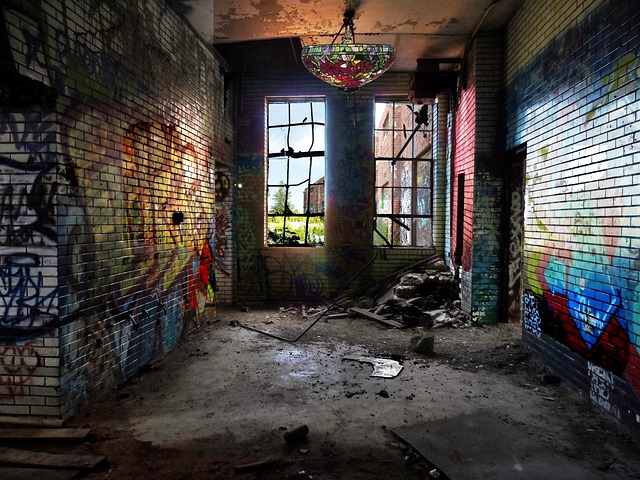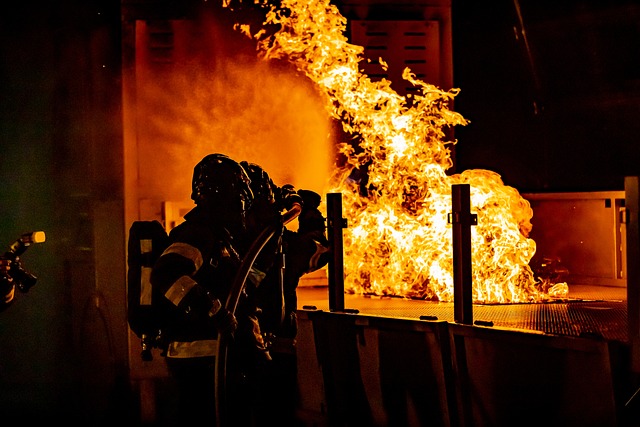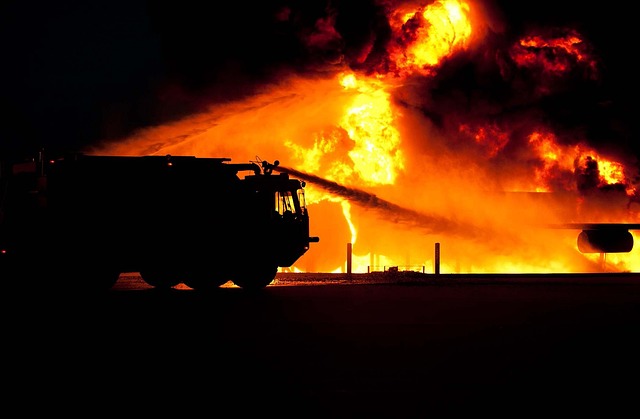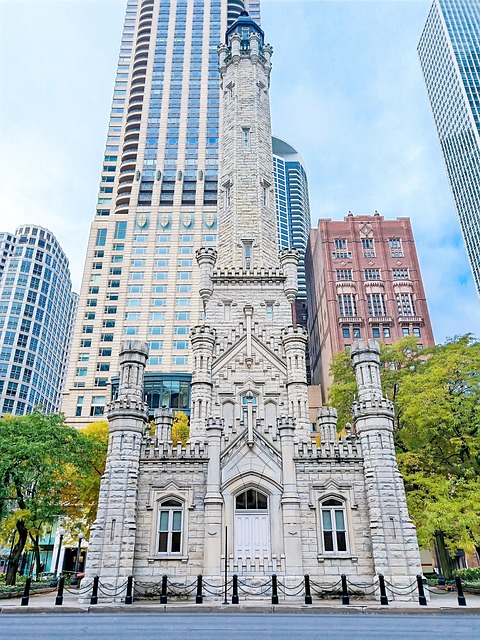Fire-damaged property auctions in Illinois, especially in Chicago, offer affordable housing opportunities regulated by the state. Buyers can inspect homes with varying damage before bidding, catering to investors and renovators. Selling a fire-damaged home in Chicago involves assessing damage, choosing between repair, demolition, or auction sale, and strategically pricing for quick offers. Auctions provide swift sales, attracting investors and rehab specialists, while professional support enhances success for homeowners looking to sell their fire-damaged properties in Chicago.
“In Illinois, particularly Chicago, fire-damaged property auctions have emerged as a viable option for homeowners looking to swiftly sell their properties. This comprehensive guide delves into the unique process of selling a fire-damaged home in Chicago through auctions. From understanding the legal framework and auction mechanics to preparing your property for optimal exposure, we explore every step. Learn about the benefits and considerations for sellers, including potential cost savings and quick turnaround times, especially when ‘selling my fire damaged home Chicago’ is a pressing concern.”
- Understanding Fire-Damaged Property Auctions in Illinois
- The Process of Selling a Fire-Damaged Home in Chicago
- Preparing Your Fire-Damaged Property for Auction
- Benefits and Considerations for Sellers Using Auction Method
Understanding Fire-Damaged Property Auctions in Illinois

Fire-damaged property auctions in Illinois, particularly in areas like Chicago, offer a unique opportunity for buyers seeking affordable real estate options. When a home experiences fire damage, the owners may choose to sell through an auction process, allowing potential purchasers to acquire these properties at competitive prices. This is especially attractive for those looking to invest in real estate or renovate and rebuild, as it provides access to a range of fire-damaged homes across various neighborhoods.
These auctions are well-regulated by the state, ensuring transparency and fairness. Buyers can inspect the properties before bidding, taking into consideration the extent of the damage, which varies from minor smoke and water damage to more severe structural issues. The process is designed to facilitate a swift sale, catering to both investors looking for quick returns and individuals aiming to restore these homes to their former glory or beyond.
The Process of Selling a Fire-Damaged Home in Chicago

Selling a fire-damaged home in Chicago involves a specialized process designed to manage both the legal and logistical aspects of such sales. After a fire, property owners often look to sell quickly for various reasons—be it insurance settlements, a fresh start after a disaster, or financial necessity. The first step is to assess the damage and determine if the home can be repaired or if demolition is necessary. This decision is crucial as it dictates the subsequent actions and potential costs involved.
Once the assessment is complete, property owners can choose between several options: repair and sell, demolish and rebuild, or sell “as-is.” In Chicago, selling a fire-damaged home “as-is” through an auction is becoming increasingly common. This process involves marketing the property to potential buyers who are either developers looking for renovation projects or individuals seeking to turn a profit by reselling after repairs. The auction house plays a vital role in facilitating this transaction, ensuring all legal paperwork is in order and providing a transparent selling environment.
Preparing Your Fire-Damaged Property for Auction

Selling a fire-damaged property in Chicago can be a challenging yet rewarding process. Preparing your home for auction requires careful consideration and strategic steps to ensure a successful sale. Begin by assessing the extent of the damage; document every affected area, from structural issues to smoke and water stains. This detailed evaluation will be crucial when crafting your sales strategy.
Next, focus on cleanup and repair. Remove any hazardous materials and debris, ensuring the safety of prospective buyers. Conduct necessary repairs, such as fixing structural damage, replacing stained surfaces, and restoring essential systems. Remember, a well-prepared property can attract more interested bidders, potentially leading to a higher sale price when selling your fire-damaged home in Chicago.
Benefits and Considerations for Sellers Using Auction Method
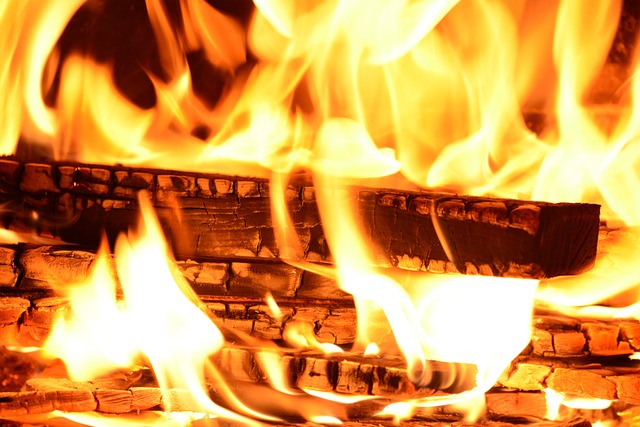
Selling a fire-damaged property in Chicago can be a unique and challenging experience, but auctions offer an efficient and potentially lucrative path for sellers. One significant advantage is speed—auctions allow owners to quickly sell their properties, often receiving offers within days or weeks, which is especially beneficial when dealing with time-sensitive insurance claims and rebuilding plans. This method also attracts a wide range of buyers, including real estate investors and rehab specialists, who are eager to secure deals promptly.
When considering the auction route, sellers should weigh strategic pricing. Pre-auction appraisals and comparable sales in the area can help set a realistic reserve price. While some may worry about potential buyers taking advantage of the property’s condition, transparent disclosures and clear terms during the auction process ensure fair bidding. Sellers can also benefit from professional support, including marketing assistance to showcase the property’s potential, ensuring a successful sale for those looking to sell their fire-damaged Chicago homes efficiently.
Fire-damaged property auctions in Illinois, particularly in Chicago, offer a unique opportunity for both buyers and sellers. By understanding the process and benefits of selling through an auction, homeowners looking to sell their fire-damaged homes in Chicago can navigate this challenging situation with confidence. This method provides a swift and efficient way to realise value, attracting buyers who appreciate the potential for renovation or reuse. For those considering selling my fire damaged home Chicago, exploring auction options ensures a transparent and competitive environment, ultimately fostering a successful transition for both parties.
